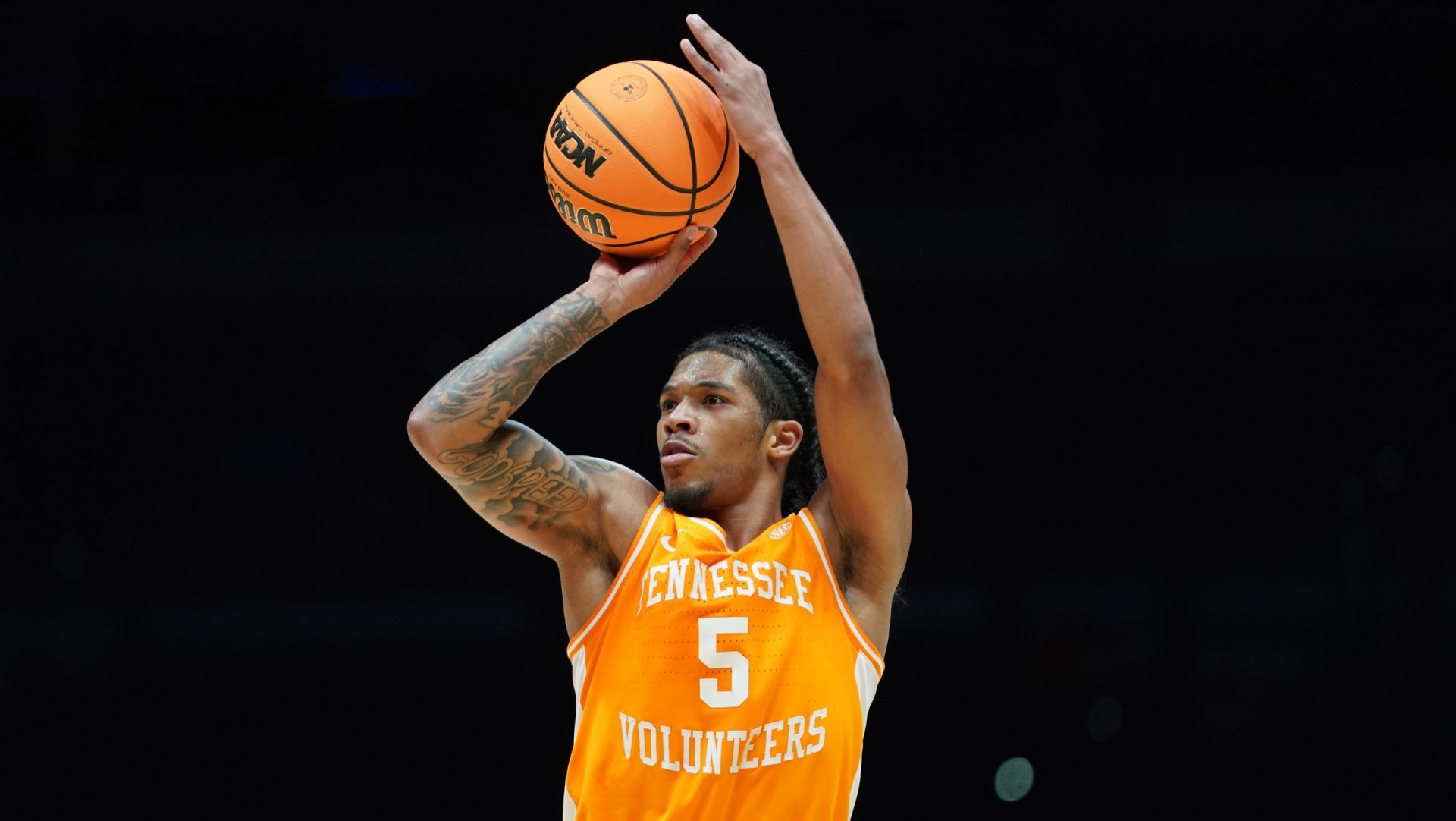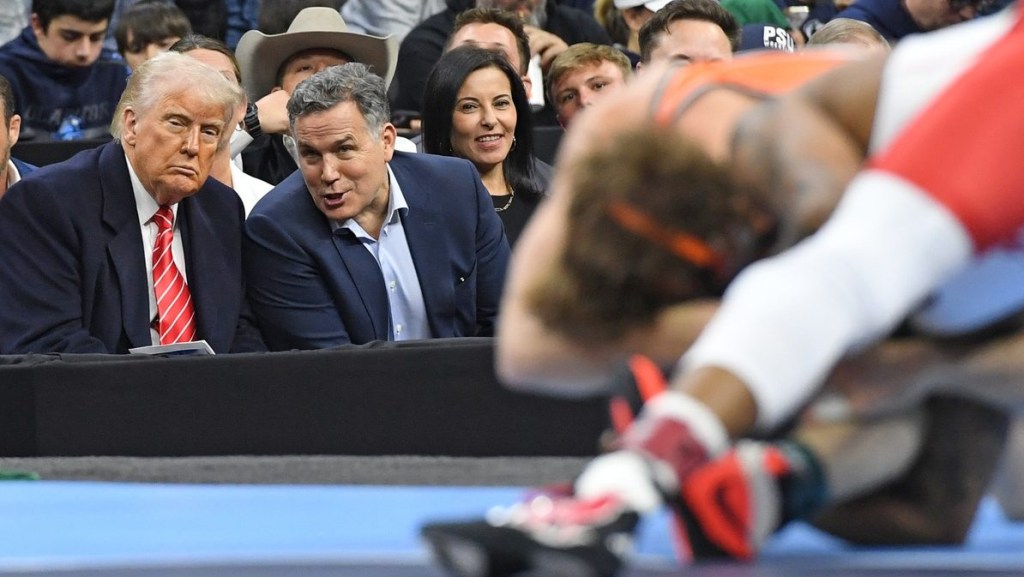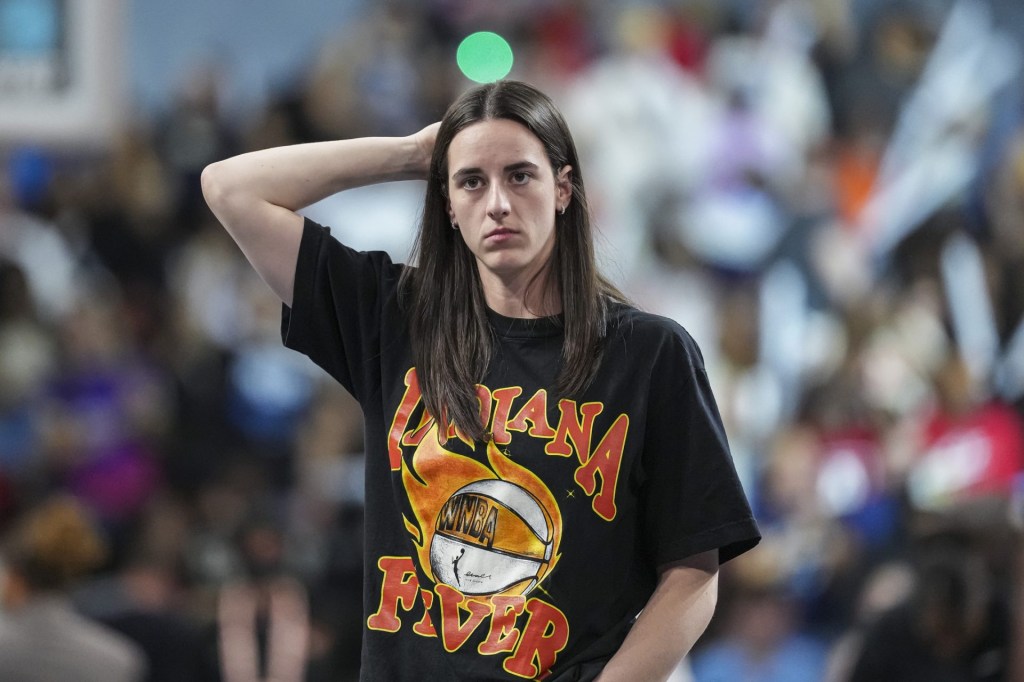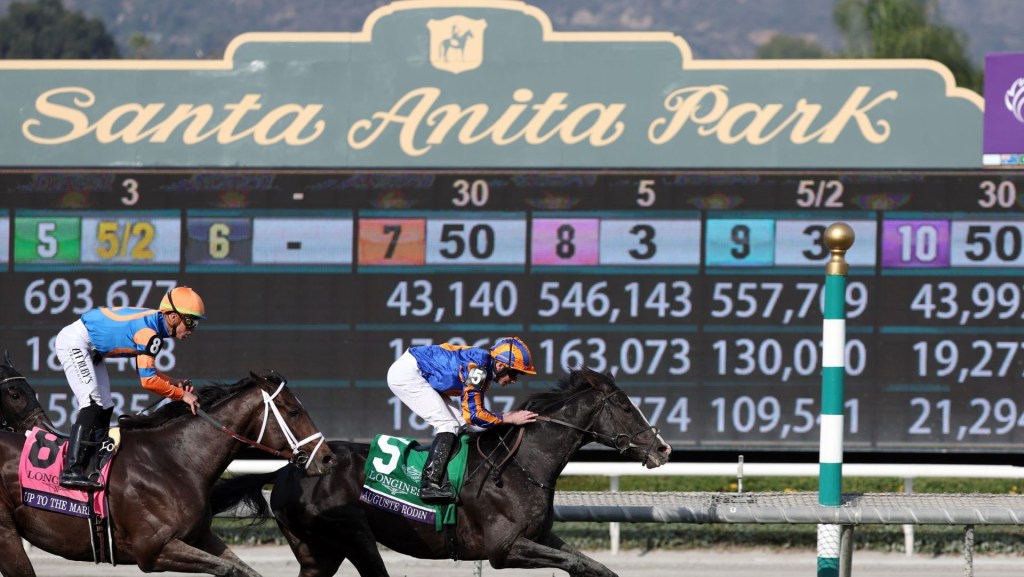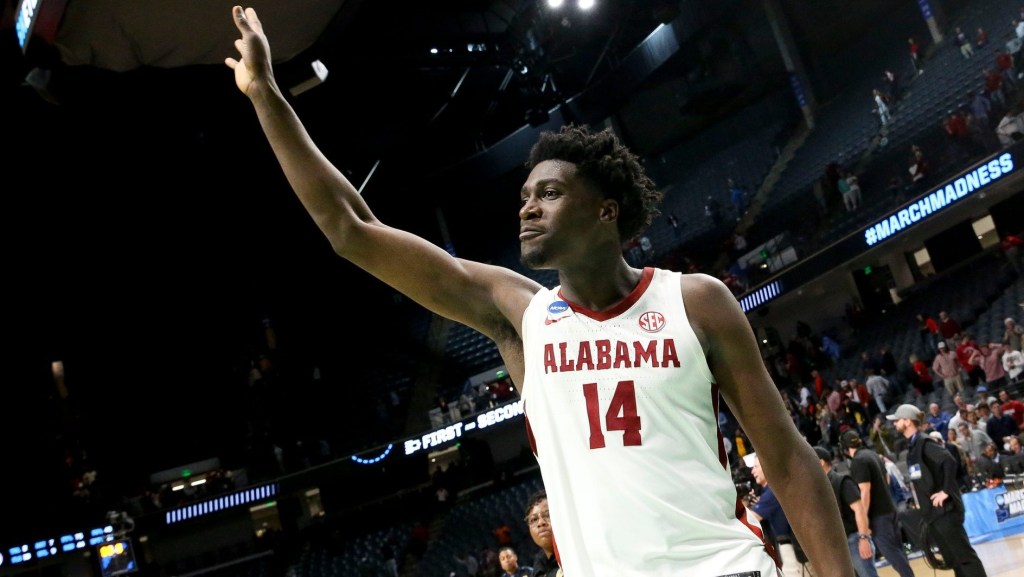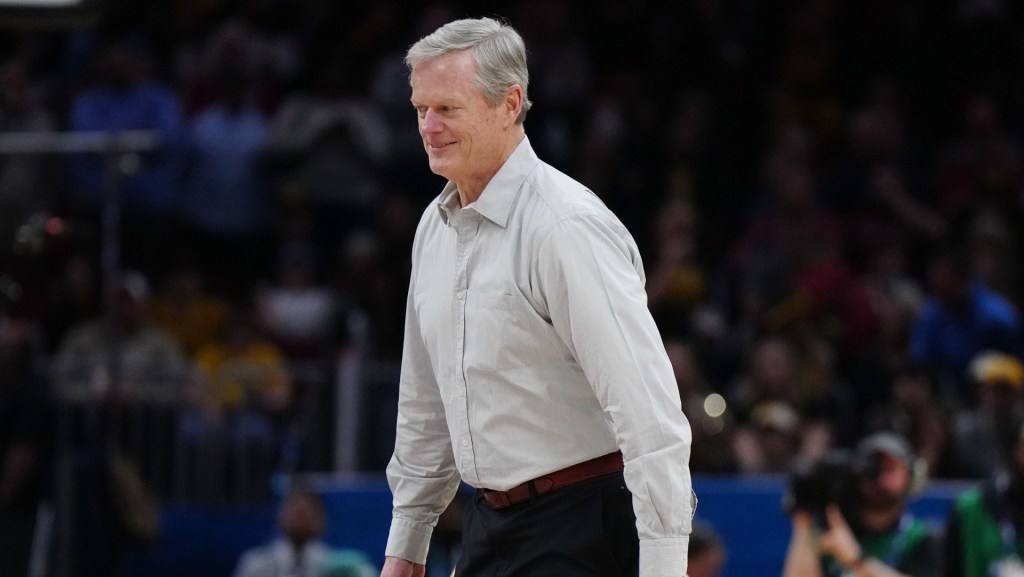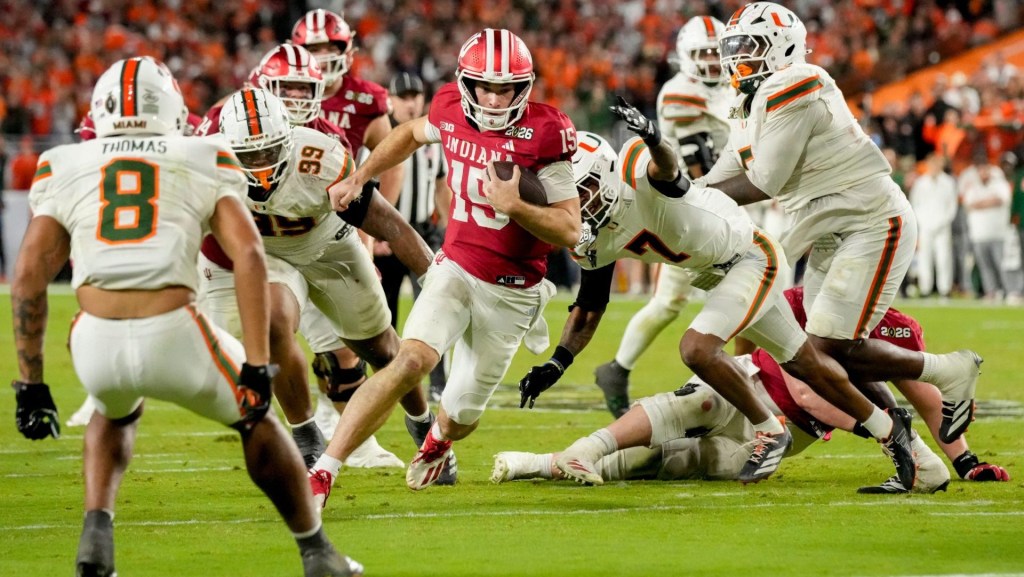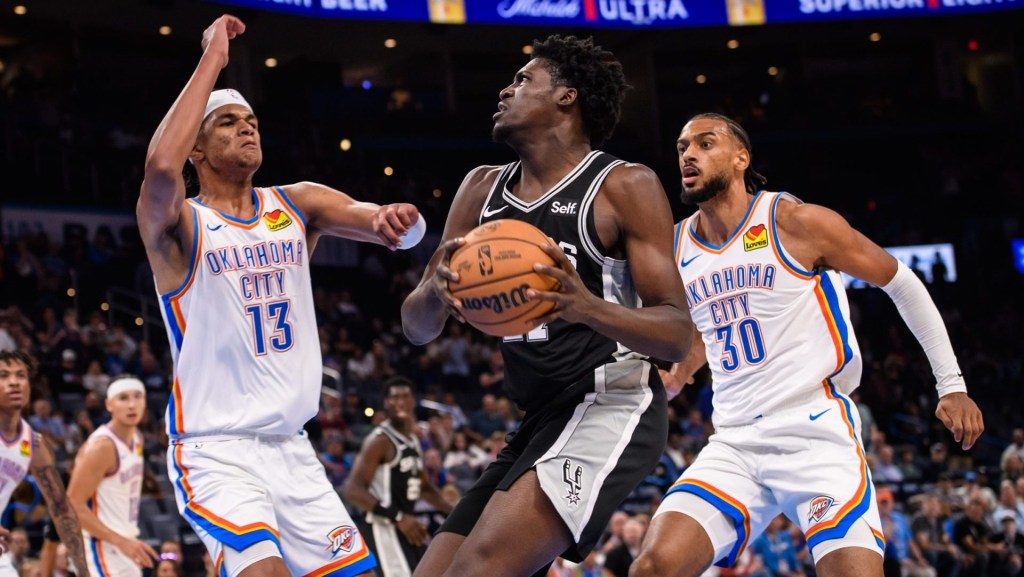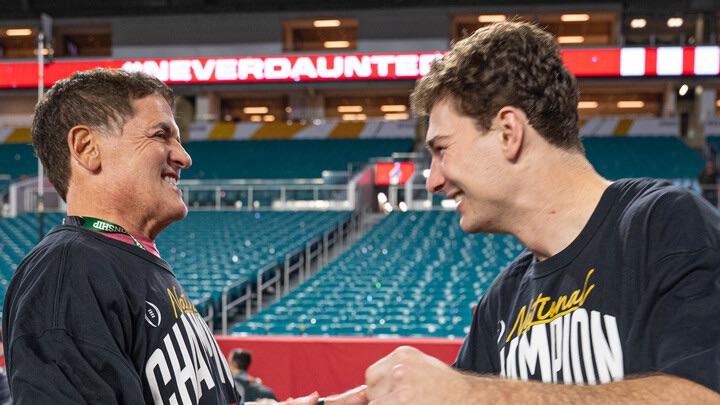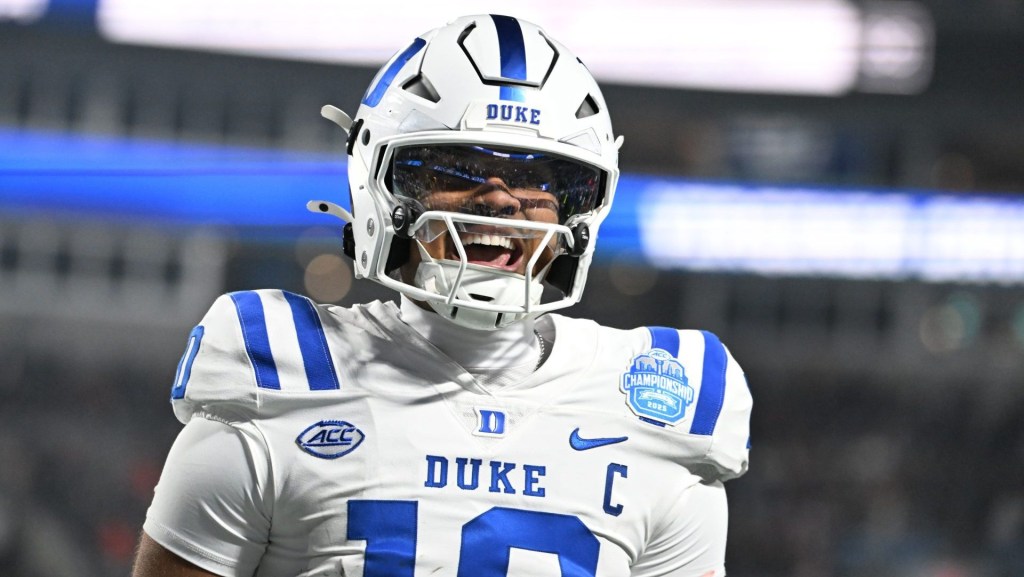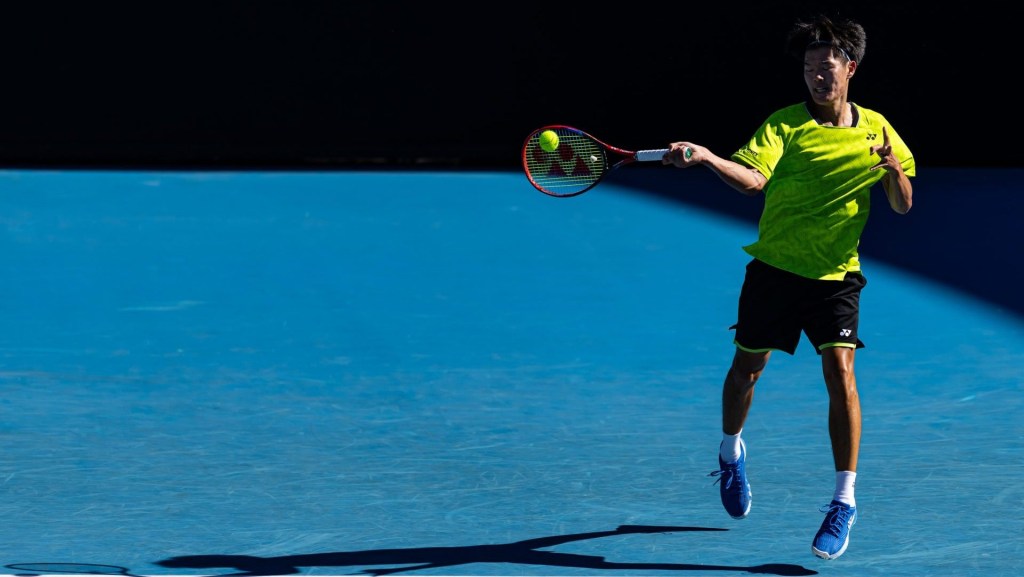On Tuesday, the U.S. Department of Justice filed a statement of interest in Zeigler v. NCAA, a case challenging the NCAA’s transfer restrictions on antitrust grounds.
The brief, which does not take a formal stance but appears to lean in favor of the NCAA, is hardly the first the agency has filed in a college sports case. But it is the first time the DOJ has weighed in on an NCAA eligibility case specifically.
Trump’s DOJ appears to be breaking from the pro-athlete policies the agency had under former President Biden, demonstrating more leniency when scrutinizing potential NCAA antitrust violations. “It’s definitely pro-NCAA,” Boise State law professor Sam Ehrlich tells FOS.
Given that this is the first college sports antitrust brief filed by this Trump administration, it could suggest a slightly pro-NCAA tilt going forward.
Zeigler v. NCAA was filed in Tennessee federal court on May 20 by former Tennessee men’s basketball player Zakai Zeigler. Zeigler played four years at Tennessee already, and is now asking to play a fifth year within the five-year window allowed under NCAA rules as he attends graduate school. While Zeigler’s is just one of several lawsuits challenging the NCAA’s existing transfer restrictions, the case is unique in that it tries to torpedo the NCAA’s rules that players can only play four full seasons.
If Zeigler prevails, the NCAA could lose one of the core rules guiding its eligibility: that players only have four seasons to compete while they are enrolled in school—whether it be undergrad or one year of grad school.
The DOJ’s statement does not take a position on the merits of Zeigler’s position. Instead, it asks a procedural request of the court: to offer a “flexible” antitrust analysis, or to potentially recognize that some restrictions have competitive justifications, and therefore can be upheld in the eyes of antitrust law. “It takes no great leap of logic to see how rules tying eligibility to education-related requirements could serve that goal,” the brief reads, “though of course the analysis will turn on the evidence presented.”
“It takes some pains to not specifically choose a side, but there are certain passages that might as well have been written by NCAA counsel themselves,” Ehrlich says of the DOJ’s brief.
For one, the DOJ suggests that the NCAA’s eligibility restrictions may fall into a protected category. The brief cites how schools brought in older “ringers” in the 1800s to play on collegiate teams, and how that harmed undergraduate athletes.
It also praises the value of the “student-athlete” position, Ehrlich notes. The agency said it has a “strong interest in ensuring that student-athletes fully benefit from the nation’s unique system of intercollegiate athletics,” and that the positives are “not limited to financial benefits.”
“It’s definitely pro-NCAA,” Ehrlich says.
However, it’s unclear whether this marks a major shift in antitrust policy during the Trump administration.
Typically, the antitrust division of the DOJ has been less subject to changing political winds, with many of the same attorneys spanning multiple administrations. That was the case during the adjudication of NCAA v. Alston, the Supreme Court case challenging the legality of the NCAA’s restrictions on education-related benefits, which began during the end of the first Trump term and ended during the beginning of Biden’s term. (The DOJ filed a similarly minded brief during the Alston Supreme Court case over educational benefits, and the brief cites this “flexible antitrust scrutiny” position.)
But during the Biden administration, the DOJ often landed more squarely on the athletes’ side.
In January of 2024, the Biden-led Department of Justice signed onto a lawsuit filed by several state attorneys general challenging the NCAA’s previous restriction on how many times a player could transfer without facing penalties. Ultimately, that lawsuit created the current situation of unrestricted free agency, as the NCAA was forced to change its rules to allow players to transfer as many times as they wanted.
And in January 2025—just days before Biden left office—the DOJ submitted a statement of interest in the House v. NCAA class action lawsuit, arguing that the proposed settlement would impose caps on athlete earnings that could violate antitrust law. (Notably, Trump’s DOJ did not send a representative to argue its position at the settlement’s final approval hearing in April, suggesting it would not continue to advocate the Biden-era position.)
But now, the DOJ appears to be more lenient when applying antitrust laws to key principles in college sports—at least when it comes to eligibility rules.
